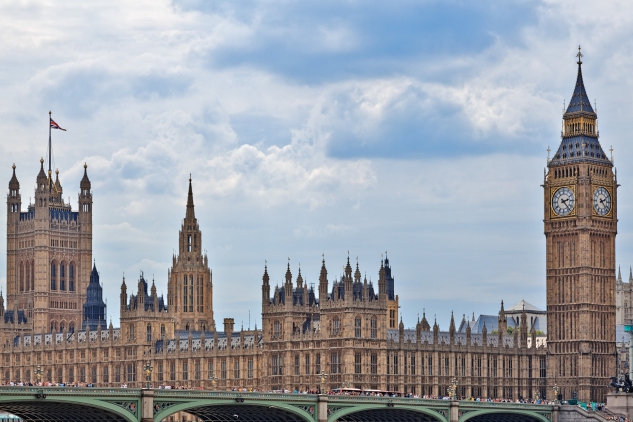
Immigration Bill Includes Labour Market Enforcement Measures
The UK Government has now published the text of its Immigration Bill which includes sanctions aimed at preventing workplace exploitation and ‘illegal working’. In light of the Bill’s publication, FLEX focuses here on some of the key provisions that relate to labour exploitation and undocumented workers.
Part One of the Bill focuses on the ‘Labour Market and Illegal Working’ establishing the post of ‘Director of Labour Market Enforcement’ and includes offences of illegal working. While the UK already has a range of different bodies to oversee the enforcement of labour laws (the Gangmasters Licensing Authority, HMRC National Minimum Wage enforcement teams, the Health and Safety Executive and the Employment Agency Standards Inspectorate), there is no one organisation adequately tasked to tackle exploitation across the whole labour market. By including provisions for a Director to oversee these bodies there is a hope that the UK will be able to target exploitative employers through a more informed and co-ordinated approach.
The Director of Labour Market Enforcement will be responsible for setting out and overseeing the implementation of a ‘labour market enforcement strategy’ aimed at tackling ‘non-compliance’ in the labour market, including serious exploitation of workers. Appointed by the Home Secretary, the Director will report to both the Home Secretary and Secretary of State for Business. The primary function of the Director will be to set the strategic direction and budgets of the enforcement bodies; publish an annual report and maintain an ‘intelligence hub’ on the risk of non-compliance. While the role of the Director is ostensibly linked to non-compliance in the labour market, not immigration control, there is currently some ambiguity about how closely they will work with immigration officials and work to direct labour inspection agencies towards immigration control objectives.
In establishing an offence of ‘Illegal Working’ in Clause 8 of the Bill the Government suggests it will make the UK a tougher place to come and work illegally. In order to do so the Bill includes provisions to make it illegal for people subject to immigration control to work in the UK, through fines, custodial sentences of up to 6 months and the seizing of wages. Clause 9 also creates tougher penalties to those who knowingly employ undocumented workers, increasing custodial sentences to 5 years’ imprisonment. The Bill also outlines provisions to ensure that only compliant businesses are able to sell alcohol, with licenses granted only to businesses that can prove all their workers are documented. To encourage businesses to conduct checks on all employees, immigration officers will be granted powers to close non-compliant businesses for up to 48 hours, or until they can provide evidence that immigration checks have been performed.
The second reading of the Bill in the House of Commons is set to take place on Tuesday 13 October. As the Bill progresses through Parliament it is important for parliamentarians and civil society to work together to ensure that the Bill prioritises labour rights in order to effectively prevent trafficking for labour exploitation.
